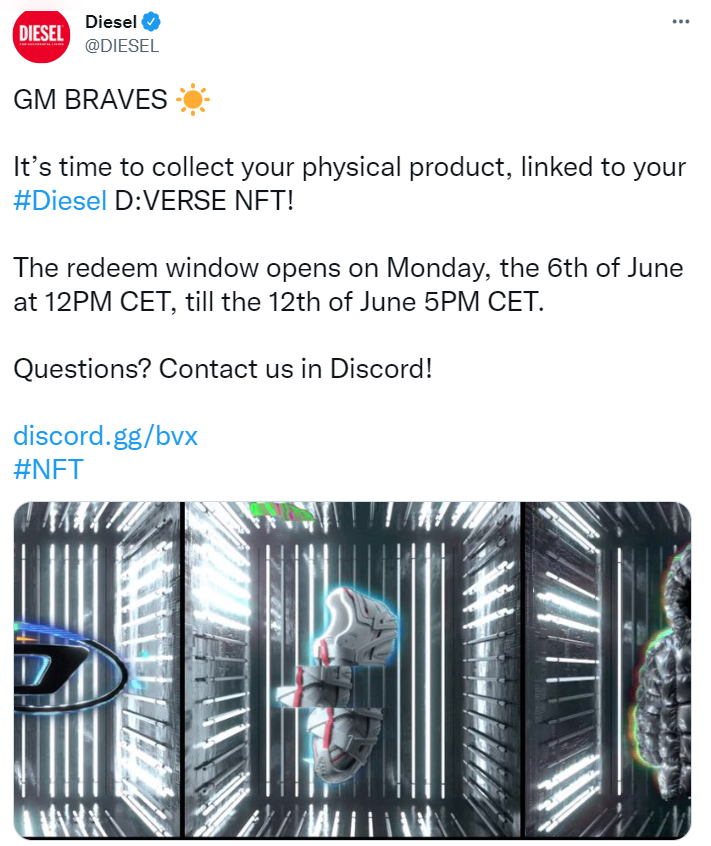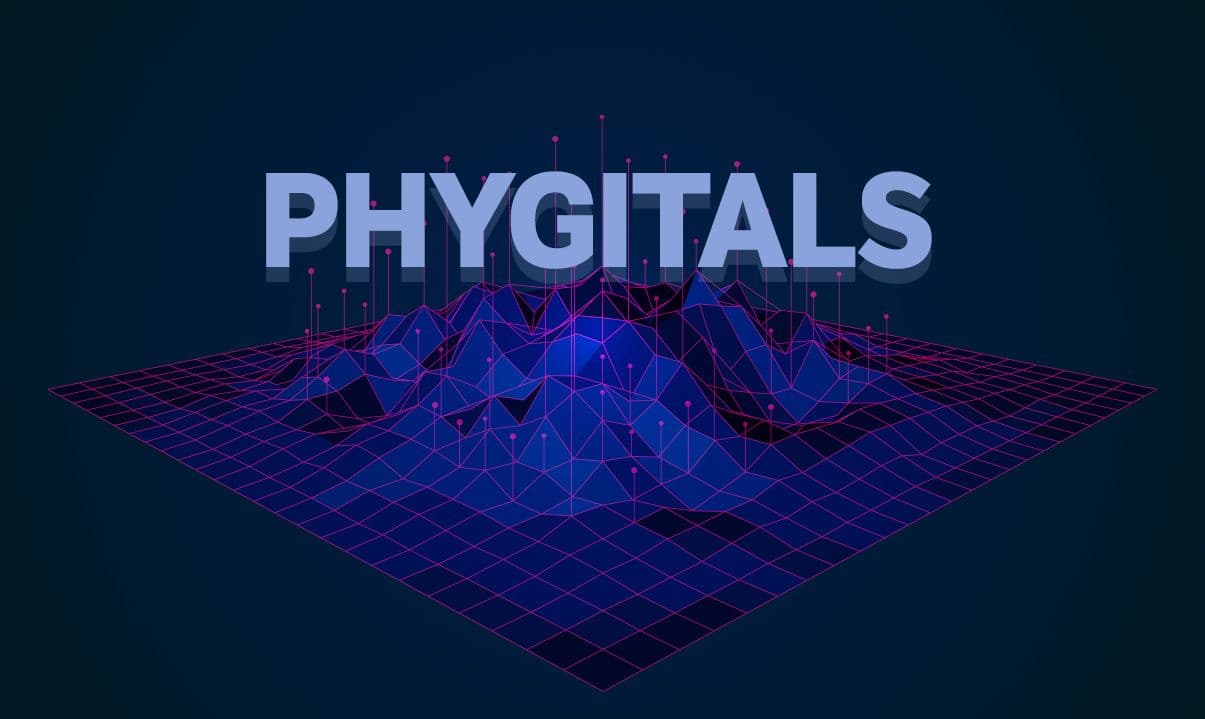As technology takes new and innovative turns, everything from regular images to online transactions is getting digitized. But now, a new frontier called 'Phygital' is here.
What does it mean and how are NFTs becoming phygital? Let’s find out!
What does Phygitalization mean?
‘Phygital’ combines digital and physical and gives an opportunity for companies to engage consumers in both worlds. Already due to the recent lockdowns, we are seeing a ‘phygitalization’ process like work from home, online delivery, and a lot more.
NFTs are also digitizing physical things giving them real-world utility. A phygital NFT gives the user access to an actual physical product, say a designer T-shirt that their avatar can also wear in virtual games or the metaverse.
Here’s how phygital NFTs are becoming a new frontier for the industry.
NFT Wearables and Merch

Users can now flex their branded clothes in the metaverse too. Wearable NFTs like virtual clothes or digital accessories such as bags or sunglasses are becoming quite popular for their personalization appeal. They also make the user experience more immersive and interactive. Now you can wear them in the real world too.
Diesel, the Italian fashion brand, recently dropped a 'phygital' NFT collection called D: Verse that comes with metaverse-ready accessories and clothing. This follows on the heels of Puma, which also released a wearable NFT collection earlier this year.
Another NFT platform, Watch Skins, has put digital collectibles onto smartwatches. The wearable NFTs are programmed into a smart contract that enables the watches to display various digital art.
Bringing Transparency to Consumers

NFTs are already making an impact in the booming wine industry and are being used to provide unique tokens tied to every bottle. These serve as certificates of authenticity and help avoid scams.
Màquina y Tabla, a winery in Spain, is using the blockchain to offer customers complete transparency. From the size of the crop to the chemicals used, and the number of barrels produced, everything is traceable. Earlier it was just a sticker on their bottles that would guarantee quality. A French winemaker is also selling ‘digital bottles’ of their Bordeaux as NFTs to expand their market globally.
The coffee brand, Jamaica Blue Mountain, also incorporates NFTs into every bag of roasted coffee they produce. Customers can scan the bag’s QR code, which takes them to a unique website that displays complete information about the product, including pictures of the coffee farm, the farmers, and how the beans are stored and roasted.
Final Verdict
All in all, there’s a lot of room for growth, and what we’ve seen until now is just a tiny fragment of what we think NFTs are capable of. NFTs can become the new frontier for the industry by making everything go phygital!


